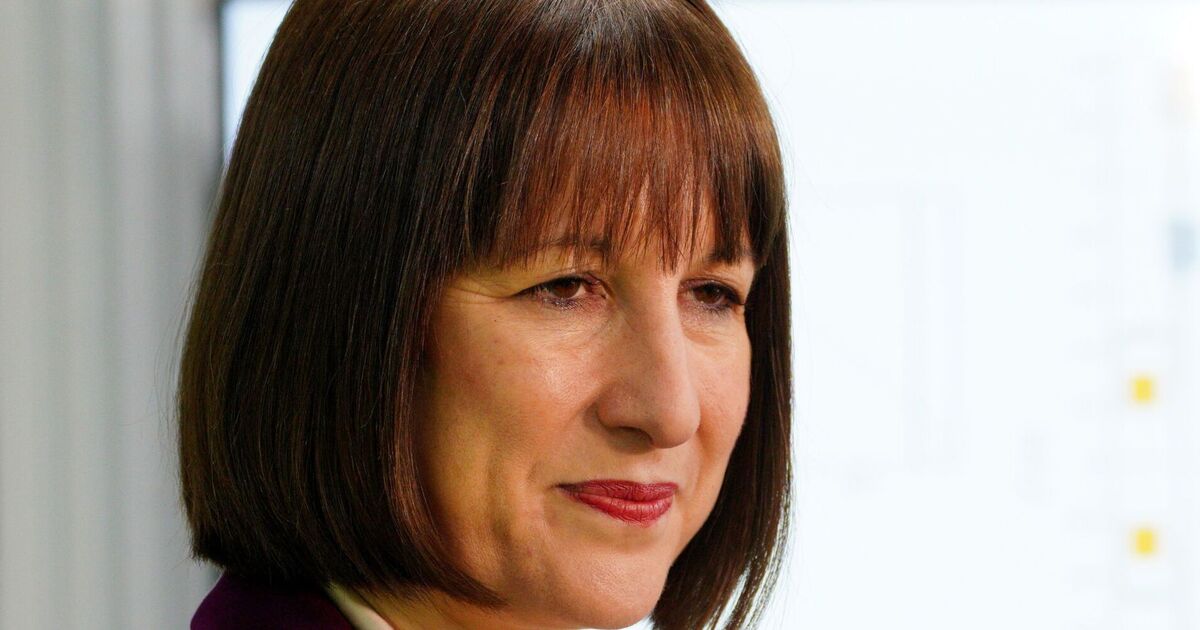Inflation jump just the start — Rachel Reeves will make things worse | Personal Finance | Finance
The jump in inflation in October was not a big surprise after the 10% increase in household fuel bills, but the cost-of-living crisis will worsen before it gets better.
Most commenters expect the measures in the October Budget to add to inflation next year, as businesses pass on the costs of the large increases in minimum wages and in employer’s National Insurance.
That is also the view of the Bank of England and of the Office for Budget Responsibility — the Government’s own fiscal watchdog.
Moreover, average mortgage bills are set to rise further, as the Bank cuts official rates more slowly than previously expected, and as more people have to refinance old fixed-rate deals at higher levels.
The new Government is banking on three things. One is that the resurgence in inflation is limited and temporary, and that the Bank can still cut rates gradually.
That is possible, though perhaps more likely if the main effect of the Budget is actually to undermine confidence and growth.
The second hope is that an increase in the cost of living will be balanced by an improvement in the quality of life, as the additional tax revenues are funnelled into better public services.
However, the NHS has already received huge injections of cash in recent years. Across all public services, productivity is 8.5% lower than in 2019, which more than accounts for the ‘black hole’ in the public finances.
This final hope is that people on the lowest incomes may still do relatively well, thanks in particular to the above-inflation increases in the state pension and national minimum wage next April.
But in the meantime, most pensioners are losing their winter fuel allowances, and low-paid workers will be among the most vulnerable to job losses in sectors such as retail and hospitality.
Rachel Reeves’ first Budget was therefore a huge gamble — and it will be some time before we know whether it will pay off.

